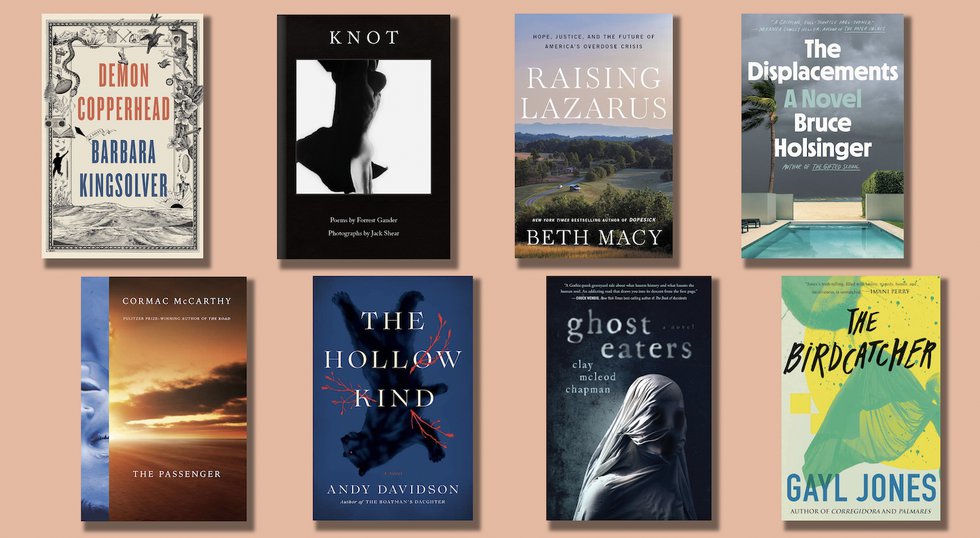A new film festival in Richmond celebrates Native American art and culture.







To Virginians, our many film festivals are a source of reliably good entertainment and regional pride. And organizers of the Commonwealth’s latest cultural film event are aiming to make their inaugural commemoration the biggest of its kind on the East Coast.
The “Pocahontas Reframed: Native American Storytellers Film Festival,” which opens Friday, Nov. 17, at Richmond’s Byrd Theatre, features 16 films as well as live performances written, directed, produced and acted by indigenous Americans.
The three-day event series is sponsored by Francis Ford Coppola, director of The Godfather films, and the 2019 Commemoration, which examines the continued impact of the 1619 fusion of three cultures in Virginia—Virginia Indian, English and African—and explores untold stories that have had an enduring impact on 400 years of Virginia and American history.
“Festivals taking place in a large cinema palace like the Byrd Theatre, where viewers engage with the films and interact with the artists, serve as life-impacting events,” says Peter Kirkpatrick, who co-founded and co-directs the festival in collaboration with Brad Brown, assistant chief of the Pamunkey, a tribe occupying a 1,200-acre reservation in King William County.
“Encouraging new perspectives, learning to open wider one’s eyes, heart and mind in order to re-assess society and history; and sharing in dialogues with people of all cultures are part of the essentials needed in one’s life-journey,” Kirkpatrick says.
The idea for a commemoration of Native American film and culture sprung from the 2016 French Film Festival in Richmond, which Kirkpatrick, a professor at Virginia Commonwealth University, and his wife Françoise Ravaux-Kirkpatrick, a professor at the University of Richmond, founded 26 years ago.
The Kirkpatricks and Native American actor George Aguilar jumped on a Skype conference call with representatives of Virginia tribes, Native American filmmaker Chris Eyre, and Georgina Lightning, a Canadian First Nations film director, screenwriter and actress, to discuss the possibility of hosting a similar event dedicated to indigenous American culture.




“The annual French Film Festival has demonstrated that a large-scale cinematic event has a real impact on viewers and the filmmakers themselves,” Kirkpatrick says. “Audiences discover new visual narratives which chip away at and help dismantle not only internal prejudices but also the saturation of commercialized cultural products from Hollywood (that are) perpetuating many of the same prejudices or other mono-optic ways of interpreting our world.”
The new festival, which will be formally opened by Gov. Terry McAuliffe on Friday, is inspired by the annual American Indian Film Festival in San Francisco; it is the only event of its kind on the East Coast.
Mr. Coppola got involved with the Richmond festival by pure coincidence. The Academy-Award winner first heard about the event after reaching out to the Pamunkey for permission to use the Native American name Werowocomoco for a new restaurant at his Virginia Dare Winery in Geyersville, California. Werowocomoco was the name of the headquarters of the Powhatan tribe, located on the north bank of the York River in what is now Gloucester County.
To Kirkpatrick, ”Pocahontas Reframed” is poised to be the ideal vehicle that American indigenous cinema and storytelling deserves. “The line-up and the delegation coming in for the festival’s inaugural year is impressive in itself,” he says.
Admission to the festival is free this year. Schedule and registration at PocahontasReframed.org
Click here to read more about Virginia’s 11 state-recognized Native American tribes.








